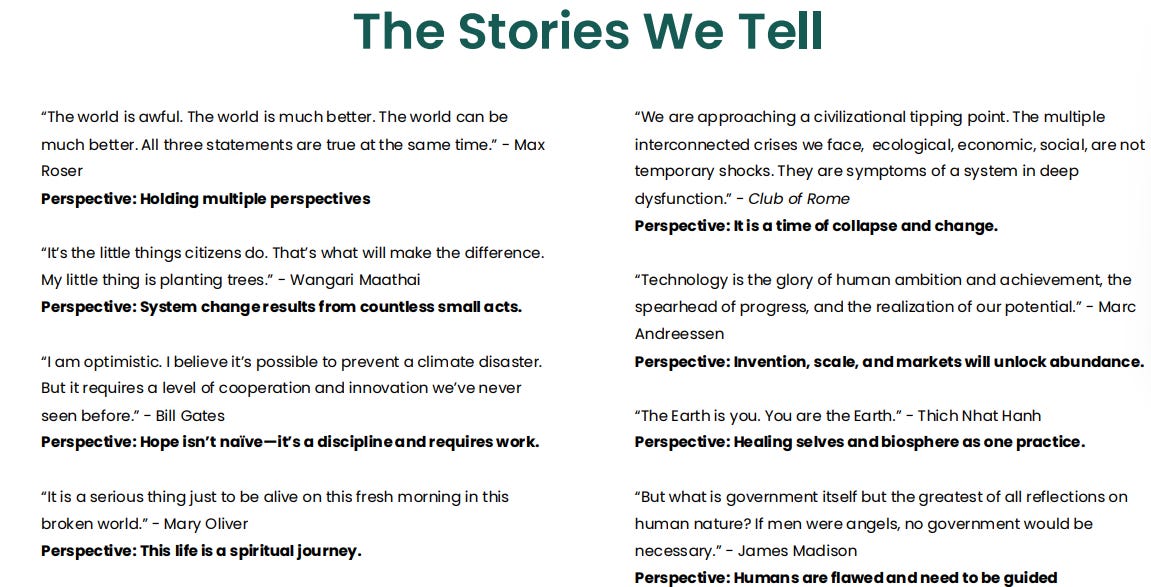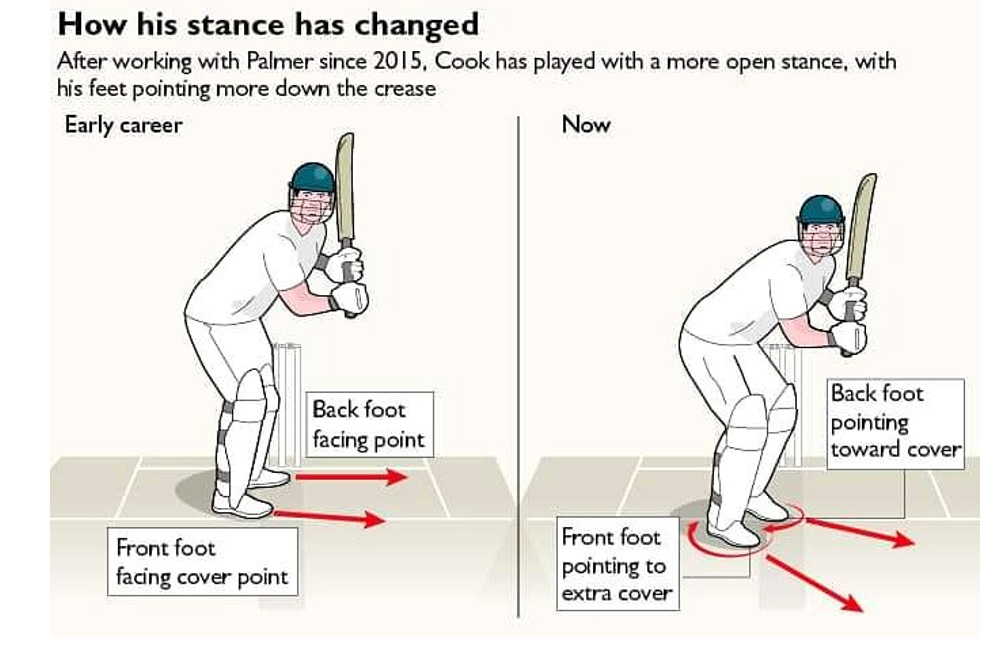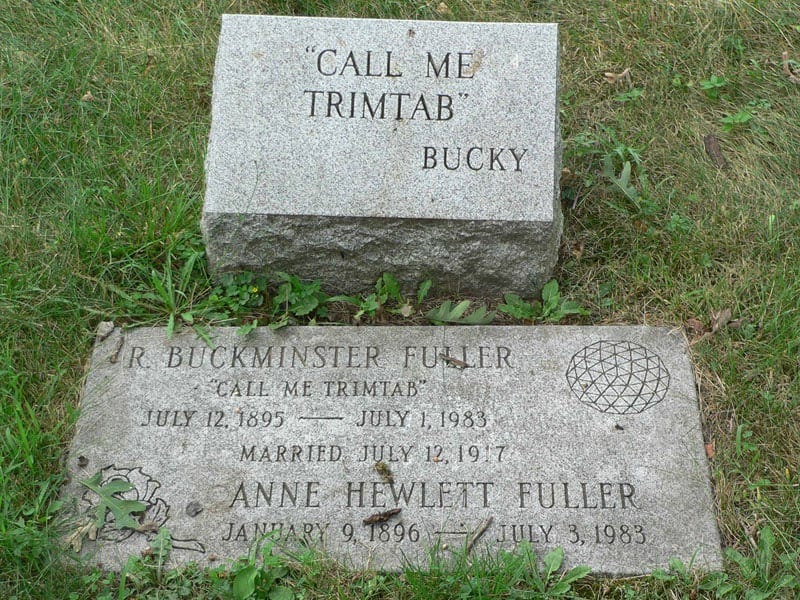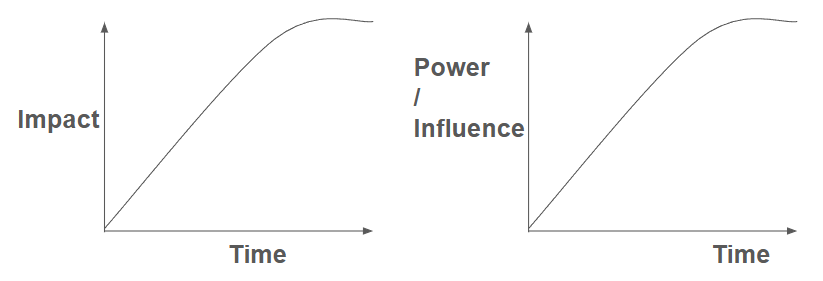What Is Your Systems Change Stance?
In the systems change stance I embody, what am I really embodying?
Dear Friends,
In my ongoing Systems Thinking Fellowship, I did a powerful activity that opened a lot of introspective energies for regeneration: Can I examine my systems change perspective deeply for its gifts and burdens? What endeared me was how the activity helped me examine the shadows (in the Jungian sense) of the systems change perspective I’ve sought to embody in the ecosystem engineering work I do in the world of food and agriculture systems.
I thought why not do this activity collectively with the subscribers of the Agribusiness Matters, many of whom deeply care about the Meta crisis we are in the middle of. Since I want to bring in a conscious intentionality to this activity, I am placing a paywall at the end. This activity would involve finding a quiet space to write a few paragraphs reflecting your systems change perspective. I promise to respond to each and every reflections shared here.
Of course, you are most welcome to do this activity, even if you don’t want to share your responses with me. I haven’t done a collective activity of this kind in these spaces. I hope you find it valuable and join me in this activity.
Cheers,
Venky
What is Your Systems Change Stance?
While taking the decision to retain the ‘adversarial rectangular pattern’ of the UK Commons Chamber in October 1943, Winston Churchill famously said, “we shape our buildings and afterwards our buildings shape us.”
I often think about this for it reveals a powerful kernel of truth: “What we design, designs us back”. If that’s the case, can we pay attention to how we design our responses to Climate Change and how those designs are designing us back?
One word I often use in my explorations is “Stances”. Its a word from the world of cricket that refers to how one stands in the crease while playing the game of cricket.
Your stance tells you everything about your game’s strengths and weaknesses. And so the question we are exploring is: In an age of Metacrisis, what is Your Systems Change Stance? And what does your Systems Change Stance tell you about who you are and what you are trying to do?
Here is what I want you to do to take part in this activity:
Step 1: Select any one quote from the curated collection ‘The Stories We Tell’ that you feel attracted to.
Step 2: In the comments section, write a short reflective note on why you were drawn towards it and what could be the counterargument to that system change perspective.

What follows is my favourite quote from this collections and my reflections on what that perspective means to me
What is My Systems Change Stance?
“It’s the little things citizens do. That’s what will make the difference. My little thing is planting trees.” - Wangari Maathai. Perspective: System change results from countless small acts.
Why do I feel deeply fascinated by the perspective of systems change emerging from countless small acts (including the most recent curation of farmer-sourced diwali gift packs)?
I’ve been deeply fascinated by the idea of small acts. It carries the whiff of romance in a battle of impossible odds. It is the real-life equivalent of a “Fellowship of the Ring” (if you’ve read Lord of the Rings) that formed a small band against a mighty army.
My career design is a portfolio of small bets that doesn’t create a schism between what creates wealth and what is meaningful in my life. Infact, the underlying artifice of my career is deeply influenced by the Buckminister Fullerian metaphor of the humble trimtab that can move the direction of the ship.
Small acts also deeply resonates with the shoals of life energies that drive me. It aligns with open-source nature dynamics of my career design, where I document micro learnings publicly, trust opportunities to emerge, and build community (instead of organisations) of change makers deeply committed to make the world of food and agriculture systems better.
If I were to examine the thesis of ‘countless small acts’, the natural question that follows is this: Why do I distrust top-down, centralized power as a change mechanism? After all, if I were deeply serious about Climate Change, I could have also gone through a route that sought formal power and leveraged that “formal” power for systems change? Why seek informal power?
I know of some friends who became IAS (Indian Administrative Officers) because they were deeply passionate about creating Impact. Why choose this particular route? Why do I harbor a deep-skepticism towards top-down centralized power as a change mechanism?
In my travels and life journey I discovered that Impact is orthogonal to the Power and Influence you wield.
If you think about it, the human mind tends to conflate Impact and Power/Influence. The more power and influence you discover in the domain of your work, the more Impact you tend to think you can create in the field of your work.
Or to put it differently, the naive view of Impact assumes that the more power and influence you wield in your line of work, the more impact you think you can create in your line of work. It is pretty much similar to the naive view of the Information Age where we believe throwing more data into any problem will solve them.
The naked truth you discover when you turn forty is this - Impact is orthogonal to the Power and Influence you wield over time. If creating impact is about truly decentralized empowerment, it will always be orthogonal to the power and influence you wield over those whose lives you wish to transform.
In doing ‘countless small acts’, what am I really doing?
My deep ecology inspiration in pursuing ‘countless small acts’ philosophy in practice stems from what I learned from my mentor about Incremental Action in Nature.
If you observe nature, every action is incremental. In nature, every transformational change starts with an incremental change. There are no massive changes, except at very small places. The most fabulous evolution happened because of small changes happening over a period of time.
My fundamental belief underpinning my work is that systems transformation emerges from the aggregation of authentic, localized actions rather than top-down mandates or performative gestures.
And given the nature of these ‘incremental actions’, they are bound to change every waking moment. They are not even actions in the agentic sense. They are responses to what is emerging in the environment. And that makes it alive and real. Every time I see a commons land used as a dustbin or in a completely degraded state, I’m reminded of why this work is important.
What could be the counterargument to this ‘countless small acts’ story of systems change?






